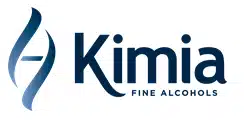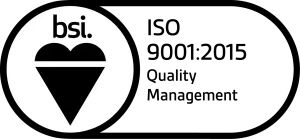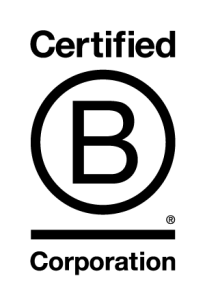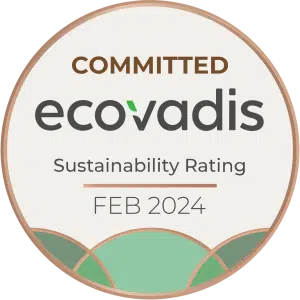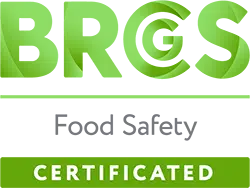West Africa’s counterfeit pharmaceutical industry is thriving, it seems, with a lack of regulatory oversight one of the main reasons why this part of the world is currently proving very attractive to criminals working to falsify medicines.
Back in 2009, 84 children were killed by a batch of My Pikin teething syrup that had diethylene glycol in it, an industrial solvent found in both brake fluid and antifreeze, the BBC reports.
When drugs are in short supply in the country, people go elsewhere – and often turn to unregulated markets in order to source what they need. And with the global pandemic driving up drugs shortages, it is likely that this will exacerbate the situation.
Dr Alero Roberts, a senior lecturer at Lagos University Teaching Hospital, voiced her concerns that they may see more patients who have come across bad drugs because of the effect that coronavirus is having on drug supplies in Nigeria.
And Mohammed Babandede, head of the Intellectual Property Rights Unit at the customs service, noted how scary the situation is, explaining that in just one week over 30 million counterfeit tables had been seized.
Counterfeit drugs are often produced in unsafe and unsanitary conditions, uninspected by the authorities – so it’s impossible to know what they may contain.
One of the main concerns is that people may take something that may not be beneficial to their current condition and could also lead to further harm to health. The likes of boric acid, brick dust, heavy metals and floor polish have all been found in counterfeit medication.
Looking for pharma grade solvents? Get in touch with us today.
